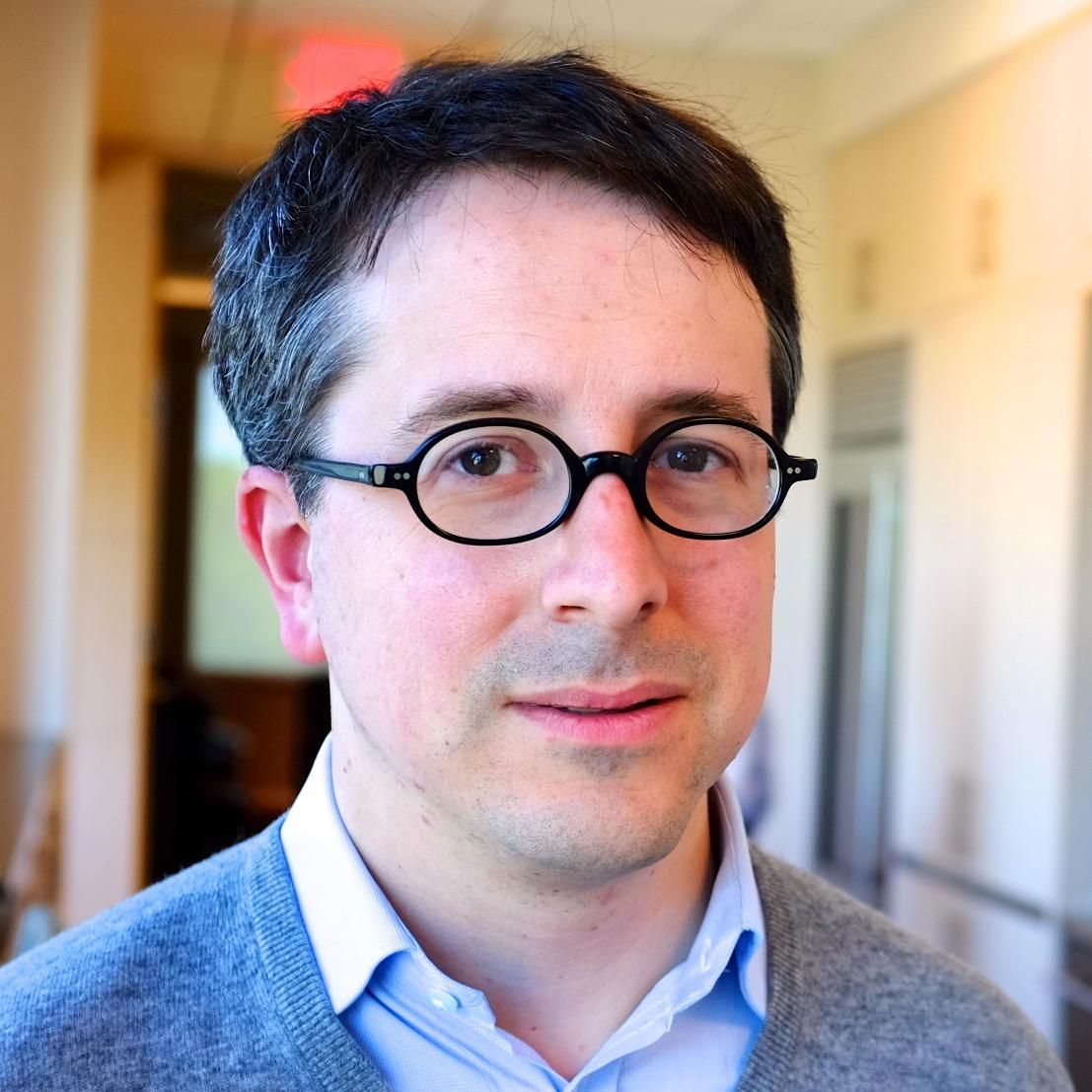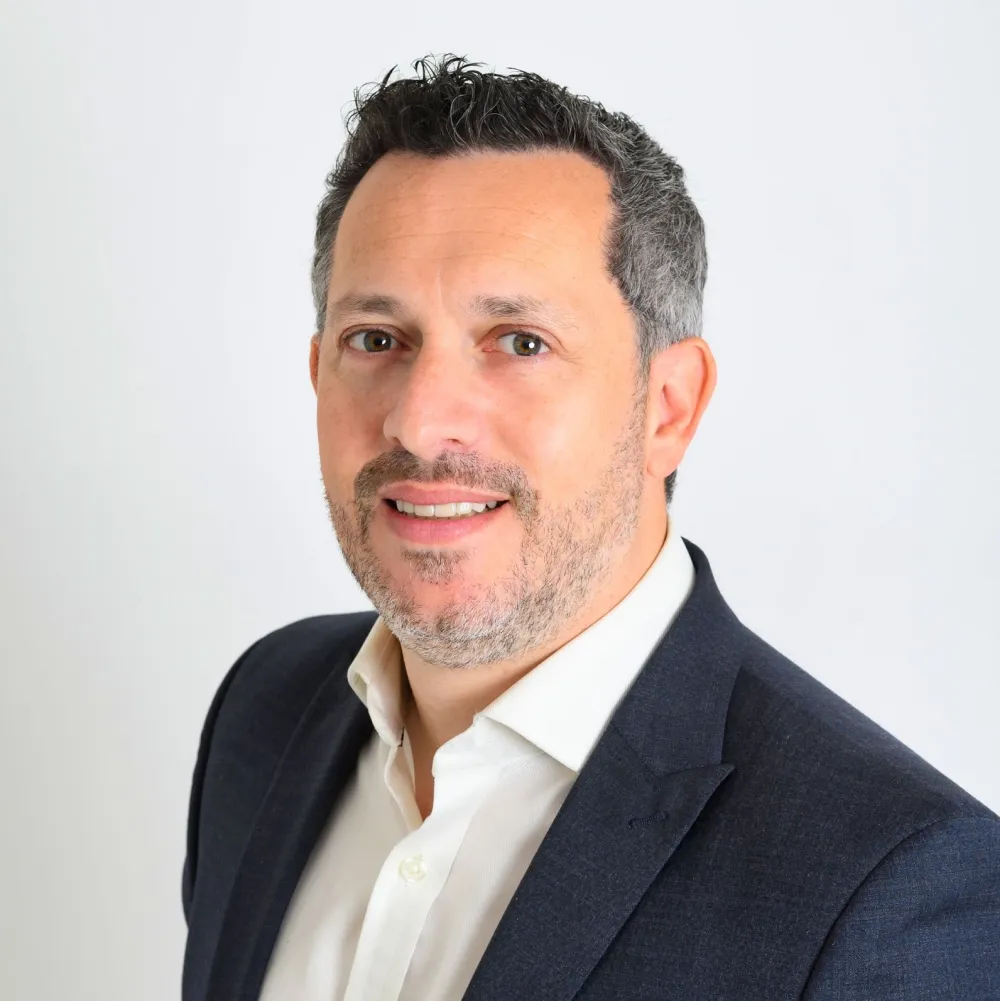All on Mobile with Benedict Evans

Benedict Evans, partner from Andreessen Horowitz, is here to discuss all things mobile, beginning from the different approaches from Google and Apple to dominate the next phase of the mobile ecosystems, with new perspectives arising from his questions on the shifting layers of interaction, Google’s vision of Android, Google Android vs AOSP. We also discussed the possibilities in how the next 2 billion will be affected by mobile and the potential new models that will emerge from those markets. Last but not least, we discussed the lack of app store metrics and his take on search, discovery and curation in the digital age.
Here are the interesting notes and links to the discussion (with timestamps included):
- Benedict Evans (blog, LinkedIn, @benedictevans and his famous weekly newsletter which is highly recommended for subscription).
- The story of Benedict Evans before Andreessen Horowitz? [0:20]
- What is his career before a16z?
- Which areas does he cover in a16z for example, mobile, US tech funding?
- The new perspectives after “New questions in mobile” [1:33]
- Shifting layers of interaction: Native level actions (Google Now on Tap) vs app level or messaging platforms (Facebook, WeChat). Does Google’s Now on Tap provide a new layer of interaction for the post page rank era? What is the importance of Android for Google’s future? Reference: “The future is mobile & apps, except that it isn’t” [2:44]
- Google Android vs AOSP (and if you need an introduction to Android Taxonomies) [13:30]:
- Given the recent development of Cyanogen with injection of venture capital and partnerships with Microsoft and OEMs, how will a non-Google AOSP like them gain traction in the market out there without Google services?
- So far, non-Google AOSP works in China because of government intervention and non-Google services such as MIUI (Xiaomi) and Color OS (by Oppo), is there such a model work in other markets such as India or Brazil?
- Would it be more prudent to adopt the Xiaomi approach outside China, by building a layer on top of the Google AOSP?
- What are his thoughts on the wearables market now given Apple Watch’s entry into the market? Will the Apple Watch be just an intermediate option until something like Project Jacquard works in the form of software merged with clothes?
- Mobile is eating the world and the next 1 Billion [30:30]
- Does the ability to reach first 1 billion (mainly the developed markets and some emerging markets) via mobile will be the same as reaching to the new emerging markets for the next 2 billion (BRIIC countries + LATAM + MENAS)
- In Benedict’s opinion, what are the interesting business models or interaction layers which companies such as Google, Facebook or Twitter cannot reach these emerging markets?
- The interesting case of how to connect with the next 1 Billion: Digicel in Papua New Guinea.
- App Stores Metrics and Search, discovery and Marketing [34:31]
- What are the metrics which he would like Apple and Google to provide beyond downloads and payouts to developers? How does that provide insight on the health of the app stores? Another interesting reference: “What are you afraid of?“
- The analogy of having a Yahoo! directory is similar to the Apps Store of today in the form of Google Play and iTunes App Store. With so much content in the web, some web services such as Pinterest (user-generated) and Product Hunt (group of people curating) are now solving the discovery problem with curation. Similar to musicians, in the past, we got curation in the form of record labels, will curation services in the digital age lead towards companies (that might end up becoming the gatekeepers) suffocating the industry? [39:01]
Producer’s Note: Due to problems with directly recording via skype, we have to rely on an alternative method to record the entire interview. This leads to some parts being muzzled with noise at the later stages of the interview. We have done our best to scrub the noise and enhance the quality of the podcast to the best we can.
Podcast Information:
The show is hosted by Bernard Leong (@bleongcw) and are sponsored by Ideal Workspace (Twitter, Facebook and LinkedIn) and Linkcious (and check out their other product, Chiibi).



